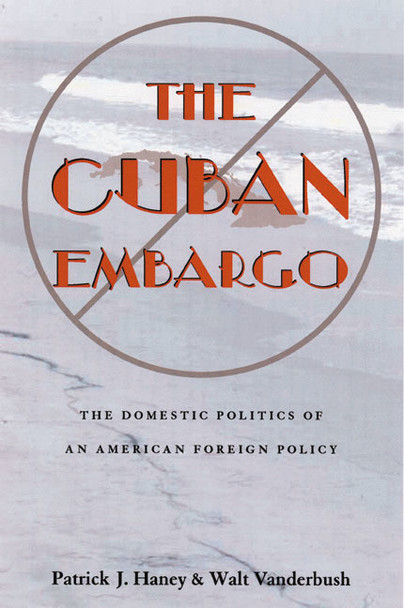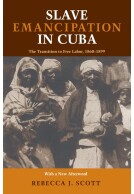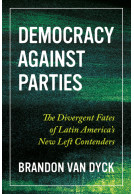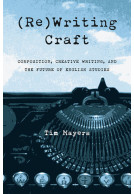Cuban Embargo, The (Paperback)
The Domestic Politics of an American Foreign Policy
Imprint: University of Pittsburgh Press
Series: Pitt Latin American Series
Pages: 262
ISBN: 9780822958635
Published: 19th January 2005
Script Academic & Professional
Series: Pitt Latin American Series
Pages: 262
ISBN: 9780822958635
Published: 19th January 2005
Script Academic & Professional
You'll be £38.50 closer to your next £10.00 credit when you purchase Cuban Embargo, The. What's this?
+£4.99 UK Delivery or free UK delivery if order is over £40
(click here for international delivery rates)
Need a currency converter? Check XE.com for live rates
(click here for international delivery rates)
Need a currency converter? Check XE.com for live rates
The United States and Cuba share a complex, fractious, interconnected history. Before 1959, the United States was the island nation's largest trading partner. But in swift reaction to Cuba's communist revolution, the United States severed all economic ties between the two nations, initiating the longest trade embargo in modern history, one that continues to the presentday. The Cuban Embargo examines the changing politics of U.S. policy toward Cuba over the more than four decades since the revolution.While the U.S. embargo policy itself has remained relatively stable since its origins during the heart of the Cold War, the dynamics that produce and govern that policy have changed dramatically. Although originally dominated by the executive branch, the president's tight grip over policy has gradually ceded to the influence of interest groups, members of Congress, and specific electoral campaigns and goals. Haney and Vanderbush track the emergence of the powerful Cuban American National Foundation as an ally of the Reagan administration, and they explore the more recent development of an anti-embargo coalition within both civil society and Congress, even as the Helms-Burton Act and the George W. Bush administration have further tightened the embargo. Ultimately they demonstrate how the battles over Cuba policy, as with much U.S. foreign policy, have as much to do with who controls the policy as with the shape of that policy itself.
Other titles in the series...
Other titles in University of Pittsburgh Press...





















